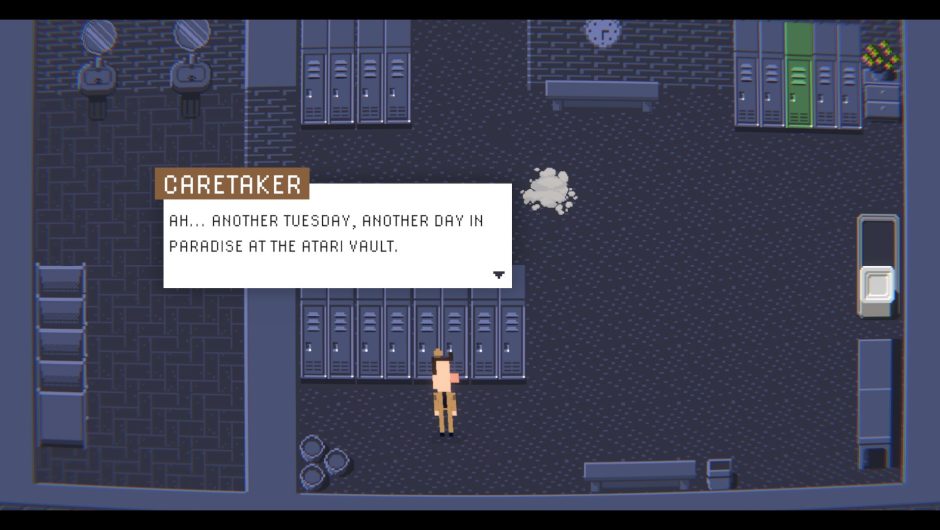Let’s try to imagine navigating a country without a network of roads, highways, and railways. It would be difficult, right? And this is precisely the problem that insects face. It may seem that they fly freely, but they are not – the ever-evolving infrastructure of cities constrains them greatly. That is why the B Lines program was created in Great Britain, and its goal is to build “highways” for pollinators.
“Pollinating insects are in trouble. In recent years, it has become clear that they are vulnerable to changes caused by industrial and infrastructure developments, so if not taken care of, they can get lost. Their habitats should be bigger, better – and most importantly – better restoration + communication network + Insects are now a priority. Unless measures are taken to enable them to move around, it is expected that 40-70 percent of the species will become extinct, ”says Bug Life, the event’s initiator. Hence the idea of creating “highways” for insects.
What are these “highways”? B-Lines are networks of insect pathways that connect rich habitats with wildflowers. More specifically, they are green roadside flower belts, lawns that bloom in spring, urban clearings overgrown with wildflowers, flower beds in various parts of town, and even small backyard gardens – all of this, through communication, aids in insect pollination. To navigate among them is rich in wildflowers and honey-bearing plant areas.
Unfortunately, there are fewer and fewer such places in an era of constantly expanding cities and their suburbs and developing roads. Therefore, as part of the B Lines initiative, various activities are also carried out to rebuild these picturesque, flowering paths, in both cities and villages. “We are restoring and creating a number of habitats rich in wildflowers. By connecting new and existing wilderness areas together, we are creating a network similar to a railroad,” the statement reads.
To help build this network, a UK B Lines map has been developed. The first impacts are already in place, because we’ve managed to create 1,500 new habitats rich in wildflowers. However, this is the first step in building this flowery highway, as the goal is to create at least 150,000 hectares of flower-rich habitats across the UK. As Bug Life activists assured, everyone can contribute to this, even a small garden can become a temporary home or hard-working insect station. “Whether you are a farmer, forestry, community or company, you can help reconnect the landscape with a network of pollinator paths,” says Jamie Robins of Bug Life. (Life PAP)
mdn / game /

“Extreme organizer. Problem solver. Passionate web buff. Internet expert. Devoted travel nerd. Professional troublemaker.”







